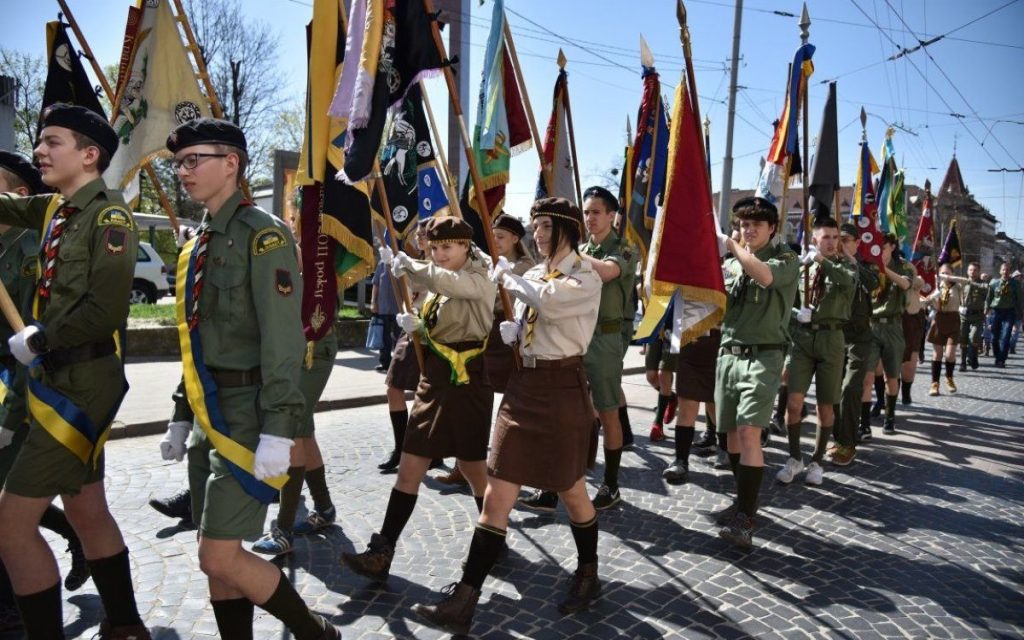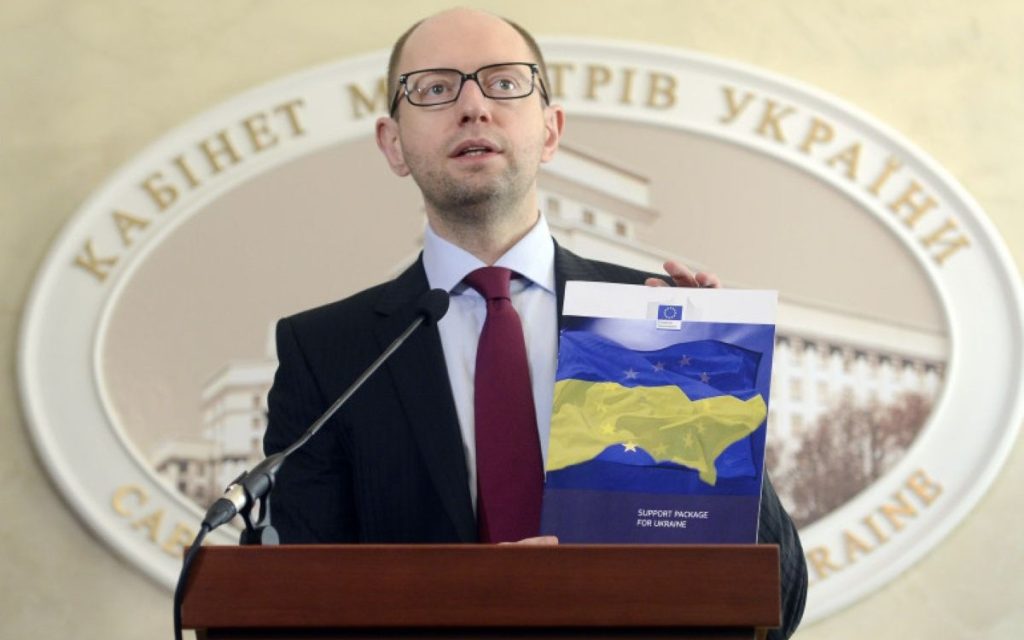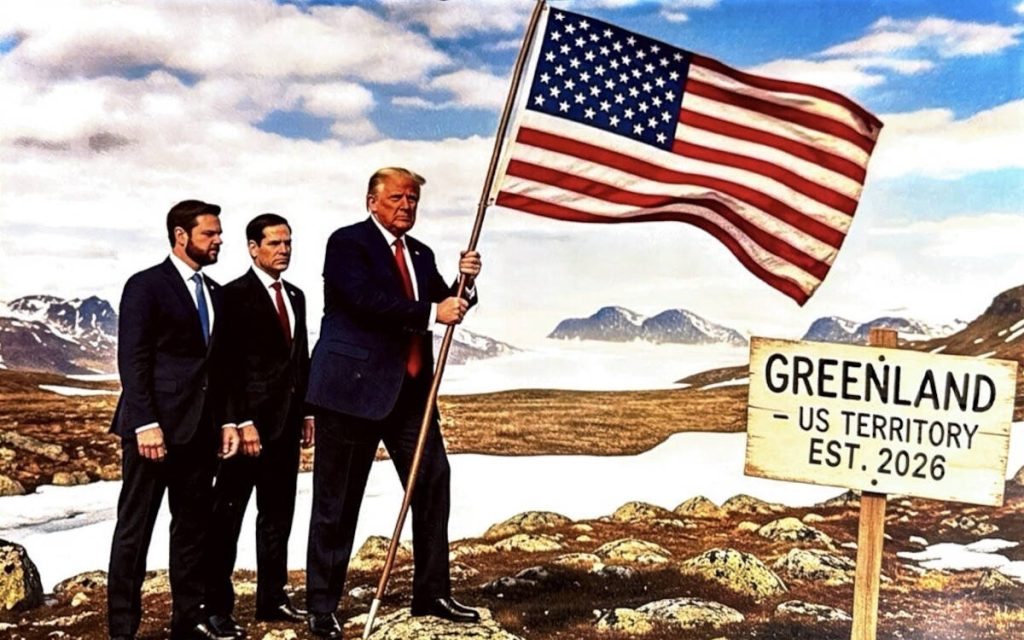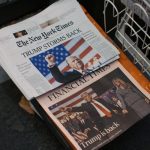For more than two years now, we have been suffering from the constant Western propaganda that wants to describe Russia as a country devastated by Western sanctions, a country with no longer any consideration in the international arena, a country with no food, no technology and no possibility of development. These days the International Economic Forum is taking place in St. Petersburg, and there is maybe no better answer than this to the lies the West keeps spreading about Russia.
Tens of thousands of delegates from more than 100 nations, thousands of journalists, great organization and above all lots of events and a very rich program. Many foreigners attended, not only from BRICS countries or countries friendly to Russia, but also from Europe and the West. From Italy, France, Germany, Hungary, the Czech Republic and even the United States.
However, the International Economic Forum is not an event where only the economy is discussed. Also at this edition a great deal of space was given to cultural panels. For Russia today, geopolitics and the establishment of a new geopolitical philosophy represent something fundamental for the future of the new bloc. Among the experts was Alexander Dugin, who moderated a panel that had as its central theme precisely the philosophy of the multipolar world. He explained the main difference between the geopolitical philosophy of multipolarity and unipolarity: the consideration of the “Other.” This is a concept that may at first appear simple to understand but actually challenges the entire cultural world of the West.
In the unipolar world, the culture and moral structure of the West always takes center stage and identifies itself as the only possible and “right” structure regardless of the cultural and geographical context of application. There is never any real acceptance of the “Other,” whether it is a partner or even a potential allied country. If it is “different,” if it adopts a different scale of values, if it adopts a different religion or political system then the “Other” must be changed. The ways of forcing change that the West uses are varied and range from mild pressure on friendly rulers, the use of NGOs within countries to manipulate public opinion to open hostility through the use of war. In particular, we have seen the latter option used very often in the history of the Western world from 1945 to the present.
In the multipolar world, on the other hand, as Professor Dugin explains to me, what really makes the difference is the complete acceptance of the “Other” and the absence of any claim to cultural superiority and desire for cultural and political colonialism. After all, the very composition of the BRICS countries today demonstrates this. We have Russia, a multinational and multiconfessional country with a well-defined scale of common values; China, constituted as a People’s Republic; Iran, an Islamic Republic; Brazil, a Presidential Republic that can safely be called a Western or Westernized country; and India, in which religion and traditions occupy a very important place in society. No country, neither among the member countries nor among the candidate countries for entry into the BRICS bloc, has ever placed itself in a position of superiority or demanded a change in the value scale of the other partners. And perhaps this is precisely why the BRICS reality since 2022, ever since the beginning of the Russian military operation in Ukraine marked a caesura between the Western and non-Western aligned worlds, has started to arouse more and more interest among all those countries that have begun to perceive American and European foreign policy as potentially dangerous.
The BRICS economic bloc is getting stronger every year after all. Just at the plenary conference of the International Economic Forum Russian President Vladimir Putin announced the creation of a new form of common payment between the different economic realities. A new step toward multipolarity. There are still many challenges but, as Pino Cabras, former Italian parliamentarian and chairman of the Foreign Affairs Committee of the Chamber of Deputies, said while speaking at the St. Petersburg Economic Forum, Russia is ready to face all the new challenges and is also proving to be ahead of the Western world in many fields.
Andrea Lucidi










